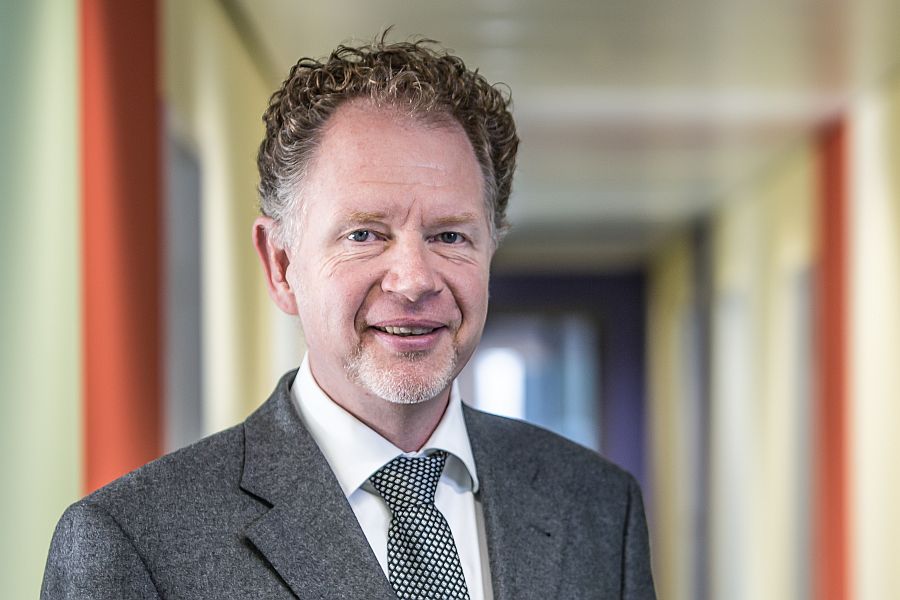Since November 2023, the first adjustments to the right of residence under the Skilled Immigration Act have taken effect. Since the beginning of March 2024, further regulations have been in place to facilitate the immigration of skilled workers in order to counteract the shortage of skilled workers.
In this article, you can find out what changes this second stage entails and what advantages the law has for employers.
Since November 2023: lower salary limits, extended group of people, entitlement to residence permit
The first changes under the Skilled Immigration Act came into force in November 2023.
In addition to the lowering of the salary threshold for obtaining the EU Blue Card, two issues were of particular importance when the first stage of the Skilled Immigration Act came into force:On the one hand, the group of people who can receive the Blue Card has been significantly expanded. For example, academics who have successfully completed a course of study within the last three years can now also obtain an EU Blue Card. At the same time, the list of so-called bottleneck professions has been significantly expanded. It is also worth noting that IT specialists can also obtain an EU Blue Card without a university degree if they have at least two years of relevant professional experience.
On the other hand, the new entitlement to a residence permit facilitates the immigration of skilled workers: in future, skilled workers with vocational training (Section 18a AufenthG) and skilled workers with an academic education (Section 18b AufenthG) will be entitled to a residence permit if all requirements are met.
Last but not least, the restriction that you can only work in Germany in the profession you have learned has been lifted.
Innovations from March 2024
The second stage of the Skilled Immigration Act came into force on March 1, 2024, before the final stage comes into force in June. Important new general aspects from March 2024 include:
- Residence for professional qualification will be made easier. Anyone who comes to Germany to take part in a qualification measure in order to obtain full equivalence of foreign professional qualifications will in future be able to stay in Germany for 24 or a maximum of 36 months (Section 16 d (1) AufenthG). During this time, it will be possible to work 20 hours instead of just 10 hours on the side in a job that is independent of the qualification measure.
- With the recognition partnership (Section 16d (3) Residence Act), it will be possible to carry out the recognition procedure with regard to a professional qualification only after entry, without a decision on partial equivalence being available. However, the visa for an initial period of one year is dependent, among other things, on the skilled worker and employer applying for recognition and actively pursuing the procedure, an employment contract and a recognized professional qualification or a university degree and proof of German language skills at level A2.
- In order to determine the equivalence of a foreign qualification with the competent authority (so-called qualification analysis), a visa of up to six months is possible in accordance with Section 16 d (6) AufenthG.
- Family reunification will also be made easier in order to improve the permanent settlement of skilled workers and the establishment of roots in Germany.
- Access to the labor market for nursing assistants from third countries will also be easier in future. People with less than three years of nursing training will be able to work in the health and care sector if the legal requirements are met. In addition, nursing assistants and care assistants from third countries will be able to stay in Germany for up to 18 months after completing their training in order to find a job.
- In future, it will be easier to employ students and trainees with a training visa: in future, they will be allowed to work 140 full or 280 half working days per calendar year “on the side”. How high the income is and what they do for work is irrelevant. For prospective trainees or students who do not yet have a training or study place, residence will also be made easier. People from third countries who are looking for a training or study place in Germany can stay in Germany for 9 months if the requirements are met. This is also interesting for employers: During this time, it is possible to work part-time for up to 20 hours per week.
What are the advantages of the Skilled Immigration Act for employers?
The advantages of the new Skilled Immigration Act are obvious: overall, more skilled workers who are already qualified will be able to immigrate and work here. At the same time, more people will be able to come to Germany to gain qualifications (study, training, further education, etc.) and then have a chance on the German labor market.
In addition, many people who are in Germany for a limited period of time (e.g. for studies or training) are now available as significant part-time employees working up to 20 hours per week.
Do you have questions about skilled labor immigration?
If you have any questions or need support, please do not hesitate to contact me.
Do not hesitate to get in touch with me. I will be happy to help you!
Yours Christian Seidel
Our expert for questions in the area of employment law

Christian Seidel
Lawyer
Specialist in labour law
Authorised signatory of ACCONSIS
Service phone
+ 49 89 547143
or via e-mail c.seidel@acconsis.de

